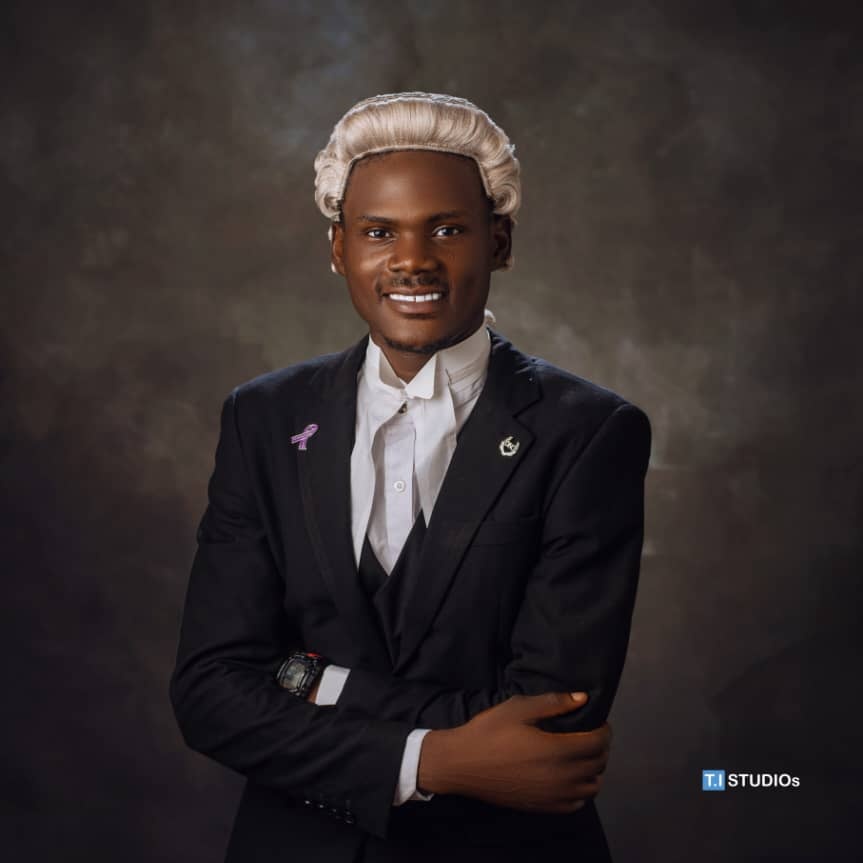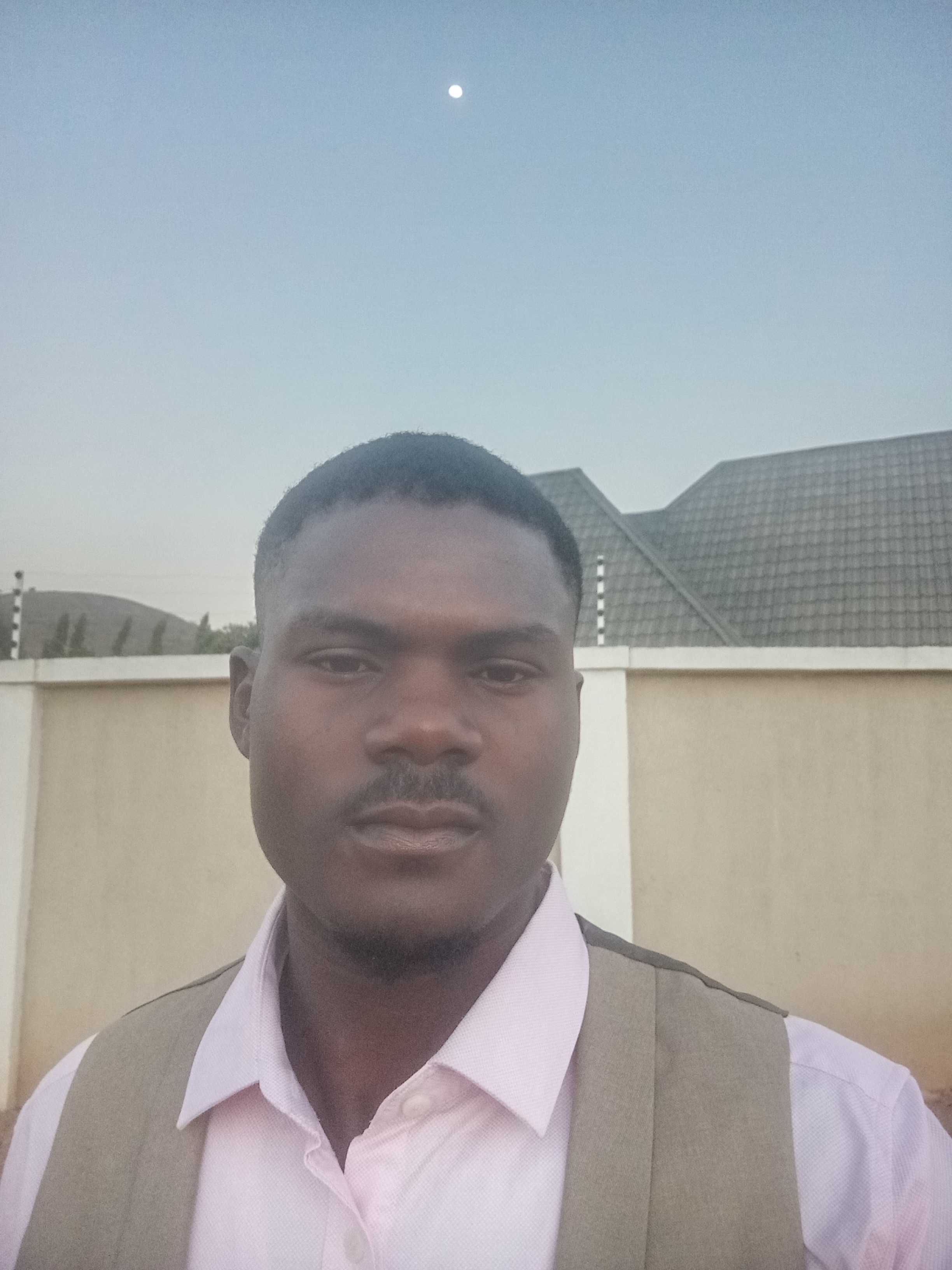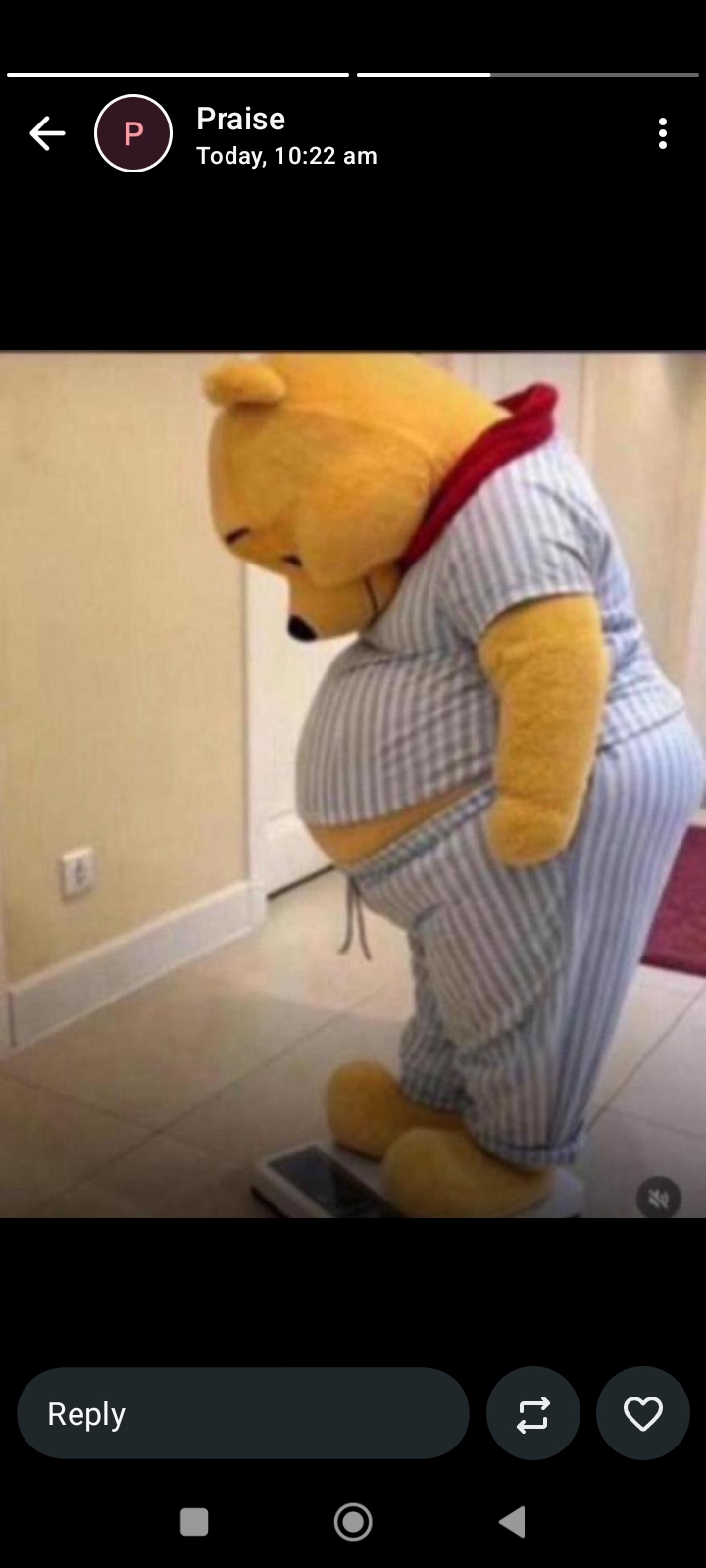By P.L. Osakwe
Prologue: The Nameless One.
They found him by the roadside,face turned to the dust, phone still ringing in his pocket. No name on his ID, no justice waiting at home. Just another Nigerian who left his house with plans and never returned.
Someone whispered, “God knows best,” and the crowd moved on.
But God must be tired of knowing what man refuses to care about.
In the rhythm of our nation, we have learned to step over bodies with practiced calm. We have learned to bury faces we never looked at. We have learned to count statistics instead of souls.
Yet every statistic once had a mother. Every corpse once had a dream.
So I ask again, not as a lawyer, not as a writer, but as a human being who still believes that words can shame silence:
What is worth the life of one Nigerian?
I. The Meaning of Worth
Worth is not a currency; it is a confession. It is the measure a people assign to the sacredness of existence. In moral philosophy, the worth of life is inalienable, it cannot be bought, transferred, or diminished by circumstance.
But Nigeria has perfected the art of diminishing worth. Here, life is negotiable. A life can be traded for power, exchanged for bribes, or silenced for convenience.
The worth of life in a nation is not measured by its anthem or constitution, but by how it treats the weakest of its citizens. If that is the measure, then Nigeria has long failed the test of humanity.
We have built a state where the grave is easier to find than justice.
II. Political Worth,When Power Costs More Than People.
In Nigeria, politics has become a ritual of blood. Elections are baptisms of violence. We vote not in hope, but in fear, fear of being caught in the crossfire of ambition.
One bullet during elections, one protest gone wrong, one convoy that drives through human lives like obstacles, and yet, nothing changes. The news fades before the blood dries.
When the state becomes more committed to its survival than to the survival of its citizens, it ceases to be a state; it becomes a corporation of predators.
A single politician’s ambition can swallow a community’s future. Billions are spent on campaigns, but hospitals rot. Legislators fight over budgets, but not over bodies.
They will tell you it is politics, but I tell you, it is organized violence against the poor.
And yet, the constitution begins with: “We the people.”
If we are the people, then who are the dead?
Who speaks for the ones who never got the chance to live beyond their polling unit, who died because someone wanted power more than peace?
When the life of one Nigerian is cheaper than a campaign poster, we have already lost our democracy.
III. Economic Worth, The Price of Survival.
In Nigeria, the economy is a daily obituary.
A woman dies giving birth because the hospital demands a deposit. A father jumps from a building after losing his job. A young man’s body is found behind a factory, exhausted from labour that barely fed him.
We are dying from living.
Poverty here is not just an absence of money, it is the erosion of dignity. It teaches you to beg before you breathe. It teaches you to call suffering normal.
When the state says minimum wage is ₦30,000, it tells you how cheaply it values human sweat. When politicians share ₦50 million allowances, they tell you what human life is worth in the marketplace of power.
Even the dead are not spared. Coffins cost more than meals, and cemeteries charge rent.
In this economy, hope itself has become a luxury.
But the question persists: if the poor can no longer afford to live, and the rich can afford to ignore them, what kind of nation is left?
IV. Social Worth, Outrage Without Memory.
Every week, Nigeria mourns anew.
A student killed by stray bullet.
A busload kidnapped.
A village burnt.
A building collapsed.
We mourn with our mouths, not our hearts. Hashtags rise like smoke and vanish just as fast.
We have become a nation of professional mourners, fluent in condolences but allergic to change.
Our social conscience is on a ventilator. We normalize tragedy, scroll past horror, and laugh at pain in memes.
When a people stop being shocked by death, they start dying in spirit.
And yet, amid all this, there are moments, a protest, a prayer, a poem, where conscience flickers. When we remember, if only briefly, that we were meant to be human together.
That flicker is our last hope.
V. Legal Worth, Justice in Chains.
In the courtroom, justice is blind.
In Nigeria, justice is bound and gagged.
The constitution promises protection, but the law often serves those who can afford it.
Police brutality is punished by press conferences. Court orders are obeyed selectively.
And the ordinary citizen, the one who cannot afford a lawyer,learns that law is a luxury, not a right.
The police officer who kills a young man is “transferred.” The judge who delays a murder trial retires with honours. The victim’s family learns to pray instead of protest.
What then is justice in a land where truth must bribe its way into court?
The worth of one Nigerian is buried under procedural dust and legal Latin.
But the law is supposed to act in personam upon the person.
If it cannot touch the conscience of those in power, then it is no longer law; it is performance.
VI. Spiritual Worth, Between Faith and Fatalism.
Nigeria is a land of prophets and poverty.
Every street has a church, every corner a mosque, and yet corruption thrives, injustice multiplies, and compassion disappears.
We pray for safety in a nation that refuses to protect us. We thank God for surviving what government should have prevented
Religion has become our national sedative.
We use God to explain what conscience should condemn.
We say “It is well” even when it is not.
But faith without conscience is theatre.
And prayer without justice is noise.
God is not the problem, we are.
We have built temples for Him but no shelter for His people.
The Bible asks, “What shall it profit a man if he gains the whole world and loses his soul?”
I ask, What shall it profit a nation if it builds cathedrals and loses its humanity?
VII. The Mirror of the Nation
The life of one Nigerian is not isolated, it reflects the health of the whole.
Each death unavenged, each injustice ignored, each hunger unattended, is a crack in the mirror of our nationhood.
The murder of one farmer in Benue is a wound in Lagos.
The neglect of one schoolgirl in Zamfara is a failure in Abuja.
The silence over one unlawful detention in Port Harcourt is an indictment of all of us.
A nation’s greatness is not in its GDP or monuments, but in the way it treats its smallest citizens.
When we fail to value one life, we prepare the stage for collective decay.
VIII. Reclaiming Value,The Hope of Conscience.
Hope is not optimism; it is resistance.
It is the stubborn belief that decay is not destiny.
To restore the worth of one Nigerian life, we must start with conscience.
Not policy, not slogans, conscience.
The policeman must see a human being before he sees a suspect.
The judge must see truth before he sees technicalities.
The politician must see service before he sees power.
And the citizen must see responsibility before he sees complaint.
The rebuilding of worth begins with remembering.
Remembering that our neighbour’s life is sacred.
That no tribe, title, or theology makes one life superior to another.
We must teach our children that corruption kills more than bullets, that silence is complicity, and that citizenship is not just about rights but about duty.
Let the classroom, the pulpit, and the courtroom all return to one simple creed: Life is sacred.
IX. Conclusion: When Conscience Returns.
When conscience returns to power, hope will no longer sound naïve.
A nation that remembers the worth of one life can still be redeemed.
It can build hospitals where now there are excuses.
It can teach empathy where now there is apathy.
It can make peace a policy, not a prayer point.
The day we refuse to look away from the body on the roadside, the day we call him brother instead of stranger, that day, Nigeria will begin again.
Because in the end, the worth of one Nigerian is not in what he owns, but in what we all become because he lived.



